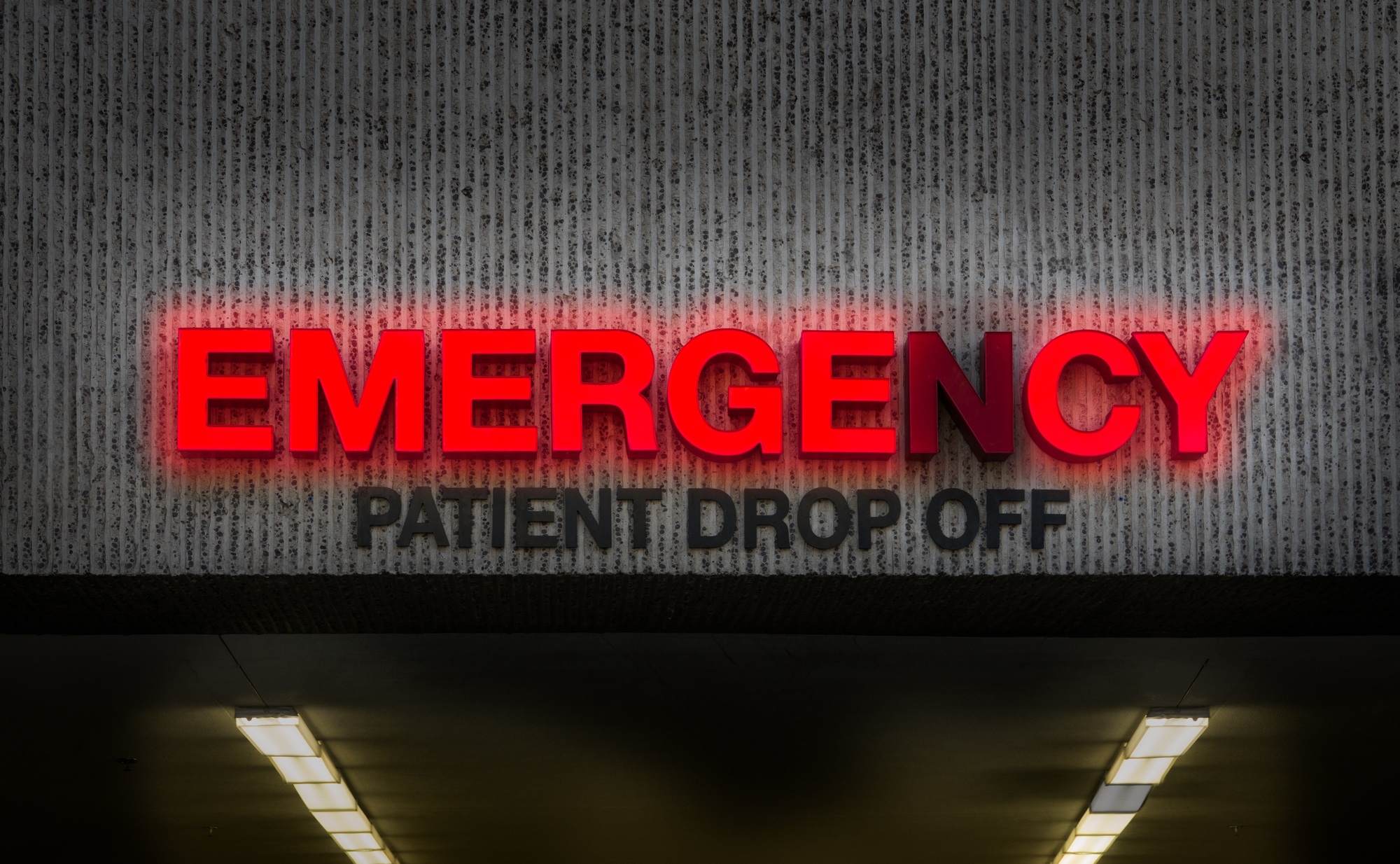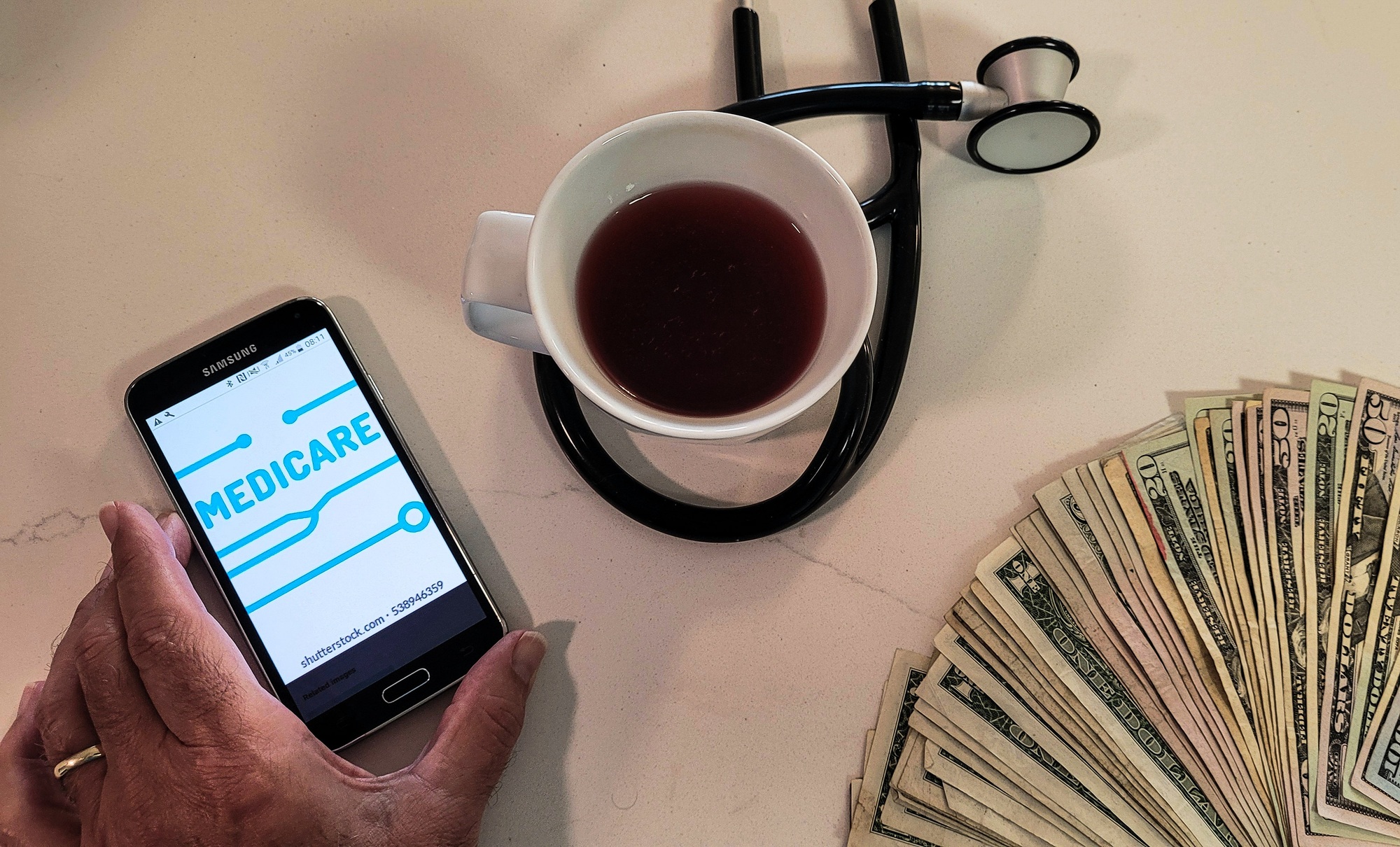Physician burnout is a growing concern in the medical field, and a new survey suggests the problem may not be getting better.
In a survey by the American Medical Association, 13,000 physician respondents answered questions relating to job satisfaction, job stress, burnout, and intent to leave an organization, among others. These were six categories of physicians that had the highest rate of burnout.
- Emergency medicine: 62%.
- Hospital medicine: 59%.
- Family medicine: 58%.
- Pediatrics: 55%.
- Obstetrics and gynecology: 54%.
- Internal medicine: 52%.
The demanding nature of a physician’s work can lead to mental, emotional, and physical exhaustion, affecting not only the well-being of the doctors but also patient care. Identifying the early signs of physician burnout is crucial in preventing its acceleration and ensuring the overall health and effectiveness of healthcare providers. These are some ways to spot signs of burnout and ideas for combatting the growing problem:

Recognize the symptoms of physician burnout
Physician burnout manifests itself in various ways. By understanding the warning signs, healthcare professionals can take proactive measures to address this issue. Here are some common indicators to look out for:
- Emotional Exhaustion Emotional exhaustion is a prominent symptom of burnout. Physicians experiencing this often feel drained, overwhelmed, and detached from their patients. They may find it increasingly challenging to show empathy and compassion, leading to a decline in the quality of care provided.
- Depersonalization Depersonalization, also known as cynicism or derealization, refers to the development of negative or detached attitudes towards patients and colleagues. Physicians experiencing depersonalization may exhibit a sense of indifference, treating patients as mere cases or numbers rather than individuals requiring care and support.
- Reduced Sense of Accomplishment A diminished sense of accomplishment is another significant warning sign of burnout. Physicians may start feeling that their efforts are in vain, leading to decreased job satisfaction and motivation. This can result in a decline in productivity and a negative impact on patient outcomes.
- Physical Symptoms Physician burnout can also be noticeable by a change in physical symptoms such as chronic fatigue, headaches, insomnia, and a weaker immune system. These physical indicators should not be overlooked, as they can have further implications on the physician's overall well-being.
Physicians should take action against burnout
To tackle physician burnout effectively, it is essential to prioritize self-care strategies that promote a healthy lifestyle. Here are some proactive steps that healthcare professionals can take:
- Seek Support and Connection Physicians should seek support from colleagues, friends, and family. Sharing experiences, challenges, and frustrations can provide much-needed emotional support and a sense of camaraderie. Additionally, joining support groups or professional networks can facilitate the exchange of coping strategies and the development of healthier work habits.
- Practice Self-Care Self-care is crucial for maintaining physical and mental well-being. Physicians should prioritize activities that promote relaxation and stress reduction, such as regular exercise, proper nutrition, and sufficient sleep. Engaging in hobbies, pursuing personal interests, and taking regular breaks are essential for recharging and preventing burnout.
- Set Realistic Boundaries Creating healthy boundaries between work and personal life is vital. Physicians should establish clear limits, both in terms of working hours and availability outside of work. Establishing boundaries helps prevent burnout by ensuring proper rest and work-life balance.
- Address Workplace Factors Physician burnout is often exacerbated by universal factors within the healthcare system. To mitigate burnout, healthcare organizations should invest in resources that support physician well-being, such as providing access to mental health services, implementing efficient scheduling practices, and promoting a positive work environment.
Physician burnout is a complex issue that requires attention and proactive measures to address effectively. By recognizing the warning signs and taking proactive steps toward self-care and work-life balance, healthcare professionals can combat burnout and ensure the delivery of quality patient care.





